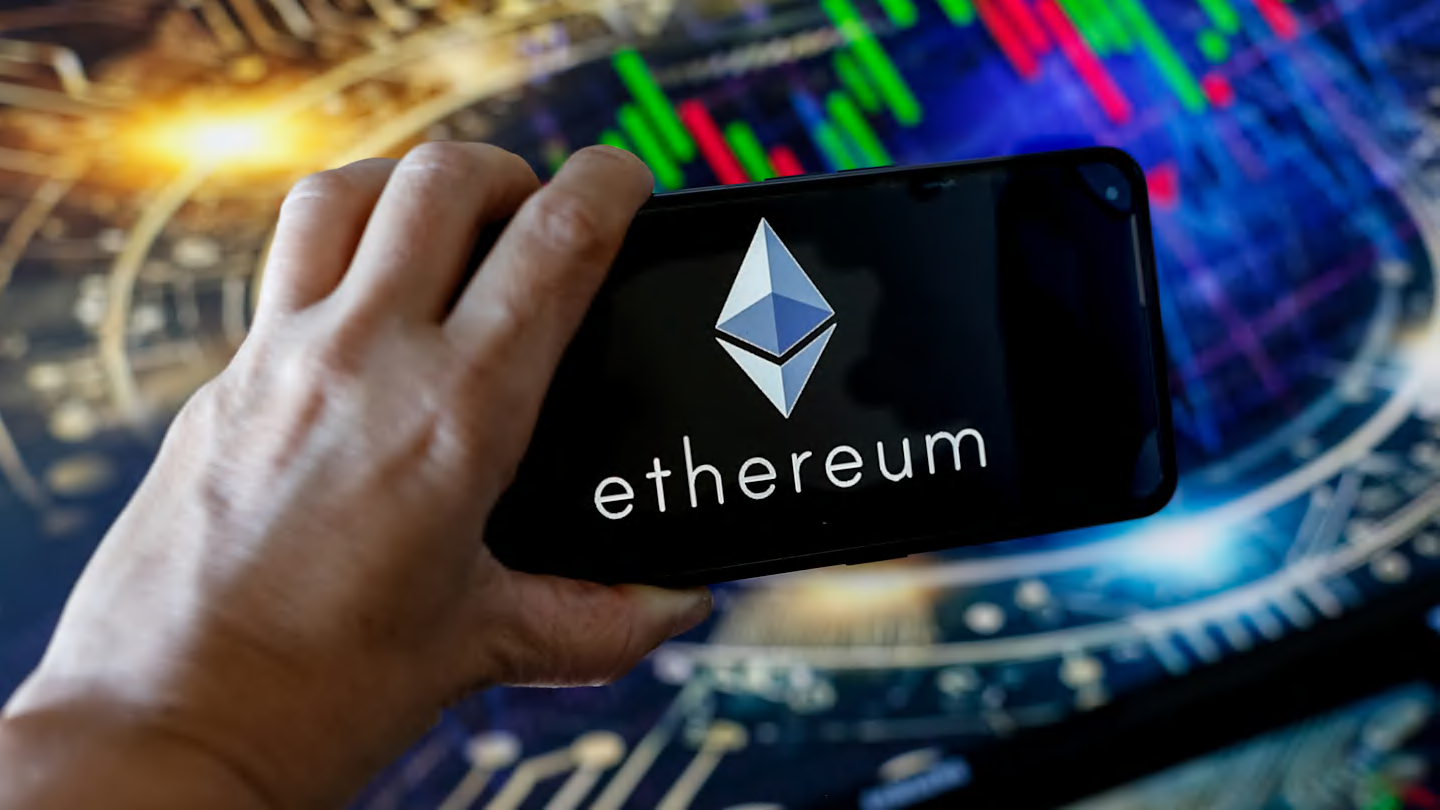Blockchain has become a buzzword recently. This is the basis of cryptocurrencies and many people are discussing turning to it to improve their digital security. It is also driving innovation across many industries, including healthcare, finance, and supply chain management.
But what does it take to become a blockchain developer? And is it a viable career choice? Here’s everything you need to know if you’re considering a future in this rapidly growing field .
Blockchain developers design, implement, and maintain blockchain systems, including decentralized applications and smart contracts. Developers typically specialize in a specific area with a focus on architecture and protocols, such as core blockchain development.
Another area that developers can specialize in is dApp development, which focuses on building applications on blockchain platforms such as Ethereum and Solana.
Build a strong foundation in computer science
First, you need a strong foundation in computer science. It is important to be proficient in languages such as C++, JavaScript, Python, and Solidity (the main language for Ethereum smart contracts).
You also need to understand how data structures such as linked lists, hash maps, and graphs work, and have a solid understanding of hashing, public key cryptography, and cryptographic techniques.
Understand blockchain technology and its fundamentals
The learning curve for blockchain is steep, so it is essential to fully understand how blockchain works before entering this field. Learn about algorithms like Proof of Work (PoW) and Proof of Stake (PoS) that are essential to how we maintain our decentralized nature.
Get hands-on experience with smart contracts, which are self-executing contracts encoded on the blockchain. Ethereum is the most popular platform for smart contract development. You can also gain experience by building dApps on platforms like Ethereum, Polkadot, and Binance Smart Chain.
Get familiar with blockchain development tools
Several tools and frameworks can help simplify the blockchain development process.
gain practical experience
Join open source blockchain projects: Many blockchain projects, such as Bitcoin and Ethereum, are open source. Contributing to these projects will give you hands-on experience.
Participate in a hackathon: Blockchain hackathons are a great way to test your skills, learn new things, and network with other blockchain developers.
Build a portfolio: Build a portfolio of the dApps and smart contracts you’ve built. Feature these on platforms like GitHub and your personal website to attract potential employers.
Strong Points
Cons
Follow GeekSided to stay up to date on this changing technology.


